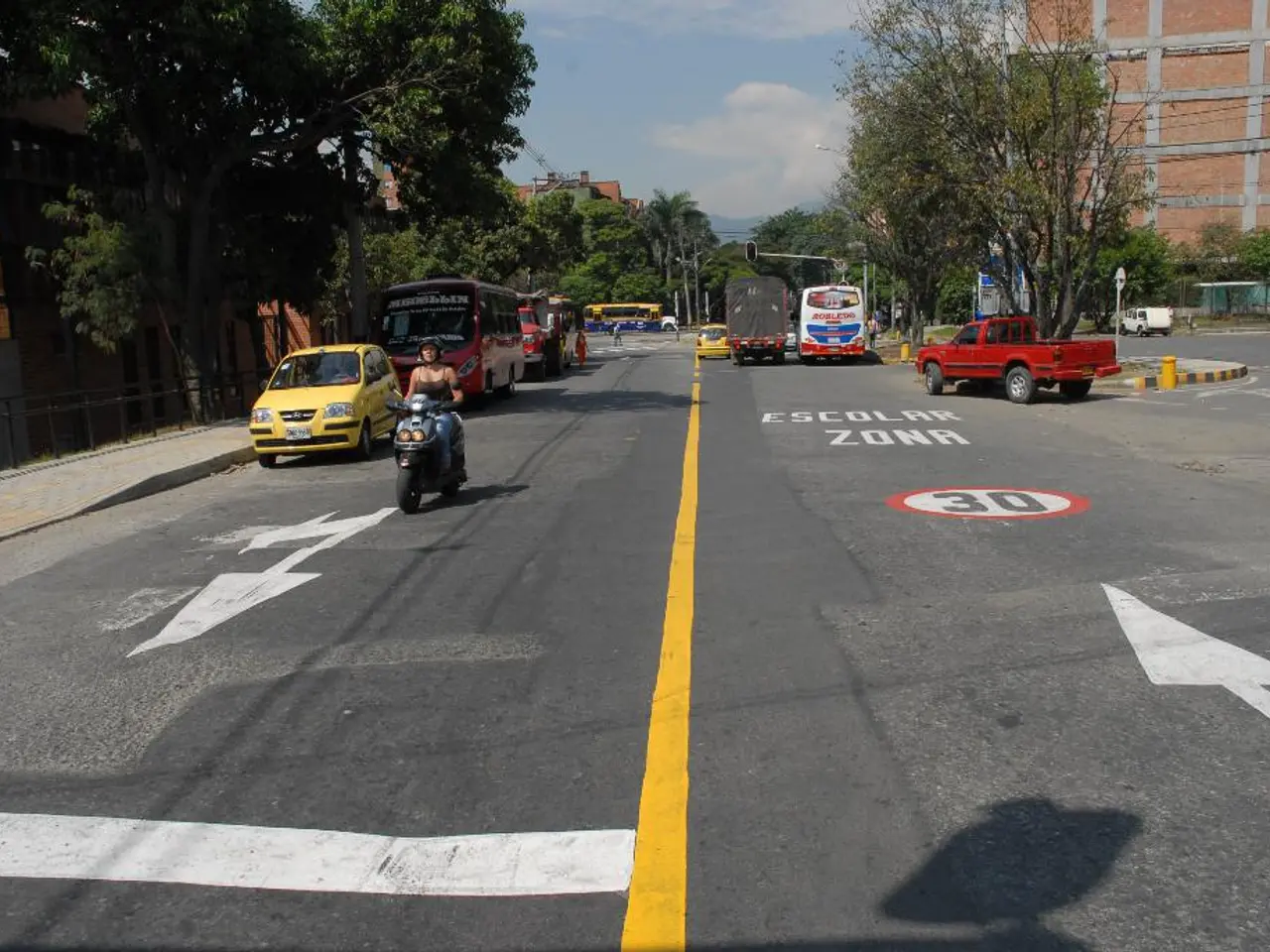Thailand's commercial real estate market quakes due to earthquakes, prompting tenants to seek out low-rise buildings.
Shaky Bangkok: Earthquake Rattles Office Market
Even some forward-thinking companies took a step back when it came to relocating offices, as the property consultancy revealed in a report on Wednesday.
The 7.7 magnitude earthquake in Myanmar, which occurred on March 28, 2025, left its mark on building safety - particularly in Bangkok.
Once a popular choice for high-rise buildings, companies are now shifting their focus to low-rise options or lower floors in towering structures. "Since the earthquake, we've noticed a growing preference among companies looking for new office premises. They're leaning towards low-rise buildings or the lower floors in high-rise buildings," said Maneerat Vichitrattana, senior director of office services at CBRE Thailand.
This trend stems from the alarming reality evident in the disaster. The earthquake led to the collapse of a 30-story State Audit Office building under construction in Bangkok, resulting in at least 18 fatalities and leaving 78 people unaccounted for. The incident exposed the vulnerabilities in the country's building safety, especially in areas prone to seismic activity.
Moreover, the collapse of high-rise buildings in basins with soft soil, like Bangkok, emphasizes the necessity of improved building codes and greater seismic resilience. The incident may intensify the critical review and potential revision of building safety standards in Thailand to fortify the nation against future earthquakes.
In the immediate aftermath, evacuations and temporary closures of offices and businesses were common in Bangkok. The longer-term implications, however, are still evolving, but a possible result could be companies re-evaluating their office locations and safety standards, potentially leading to more permanent relocations to safer spaces or areas with better seismic resilience. As the situation unfolds, it's becoming increasingly clear that seismic resilience is a vital component of building design and infrastructure planning across the region, including Thailand. To mitigate the impact of such disasters, the need for preparedness and adaptive strategies is more pressing than ever.
- The shift towards low-rise buildings or lower floors in high-rise structures, a trend emerging post-earthquake, may indicate a growing concern for seismic resilience in business operations.
- Investing in real-estate that promotes better seismic resilience could be a prudent move for companies, as the incident underscores the importance of safety standards in earthquake-prone regions like Thailand.
- Financial institutions could play a significant role in fostering a culture of infrastructure preparedness and resilience through targeted investments in seismically robust building projects across the region.




